My Football Philosophy
As I get ready to take my first football session of the year this evening, I thought I'd share my football coaching philosophy and beliefs. I started a children football academy called Kekoa coaching two years ago and I now have over 130 children taking part in sessions every week.
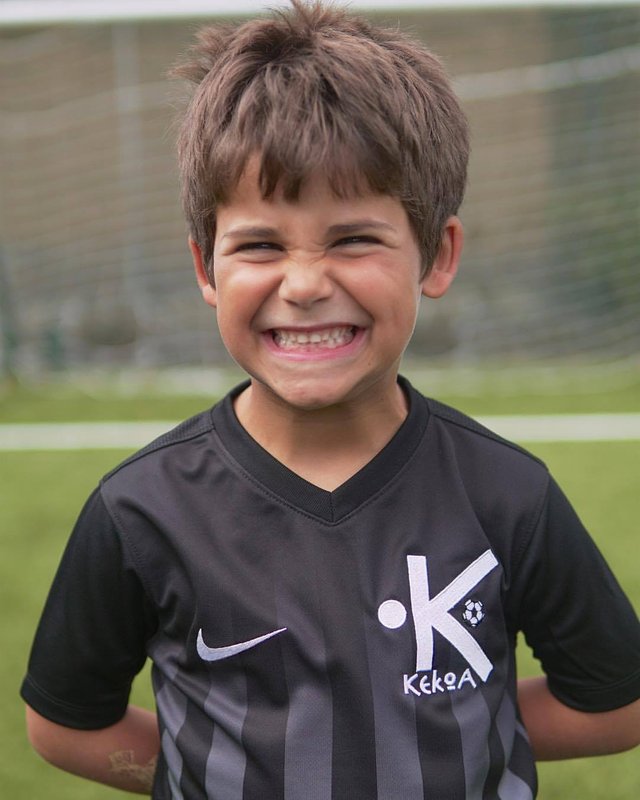
The Philosophy:
Kekoa means "Strong and Fearless" and my slogan is "Creativity Takes Courage"
When I was a young boy all I wanted to do was play football, and if my younger self could see me right now he would be devastated that I didn't make it as a professional footballer even tho I came very close.
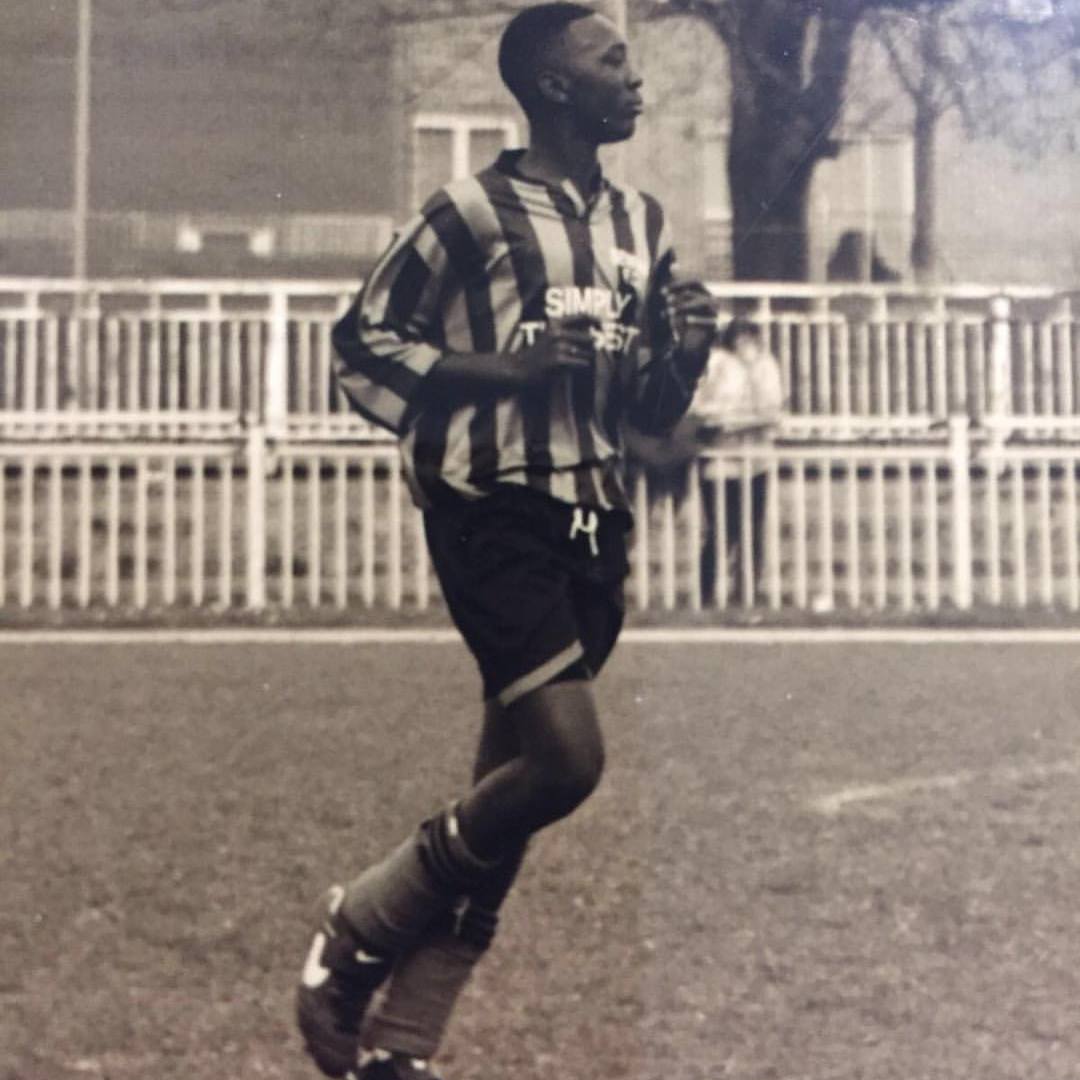
I was always a very technical player and very skilful and creative, I loved having the ball at my feet and showing my skills, but as I started to gain recognition for my ability which saw me play for teams such as Chelsea, Leyton Orient and Stevenage Borough I now realise that I was missing one of the important things which was the main reason why I didn't for fill my potential, and that was confidence.
Confidence for me is the main ingredient when you play football, as you must be able to express yourself and enjoy the game when you play and not be afraid to make mistakes or take responsibility on or off the ball. I was always the best footballer wherever I played but I wasn't the most confident, which made a huge difference. For instance, instead of playing to my full potential I would often be scared to make mistakes and also be very quiet on the field not demanding the ball as often as I should've.
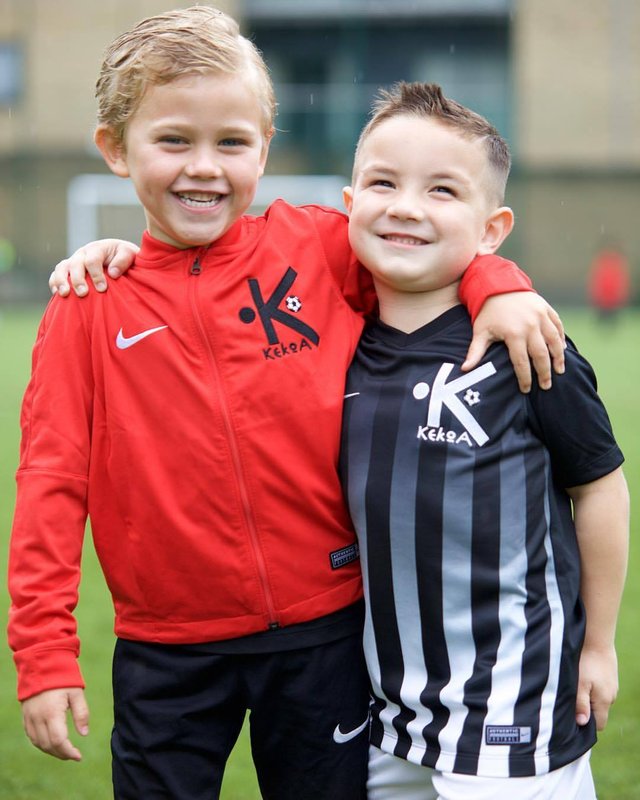
Now I have Kekoa my main aim is to inspire the children to play with freedom and confidence and encourage mistakes. Some children have taken this to the extreme lol, but its then a matter of showing then different options that they may have had on the pitch, and letting them make the decision by themselves.
The younger I have the child the better, I start from 4 years of age, as this is the age where they can start to follow instructions. Every child always has a ball at that age and theres no waiting in lines. Getting the children used to having the ball at their feet is the main aim, because if you was to give a child a ball, the first thing they would do is kick it as far away as possible.
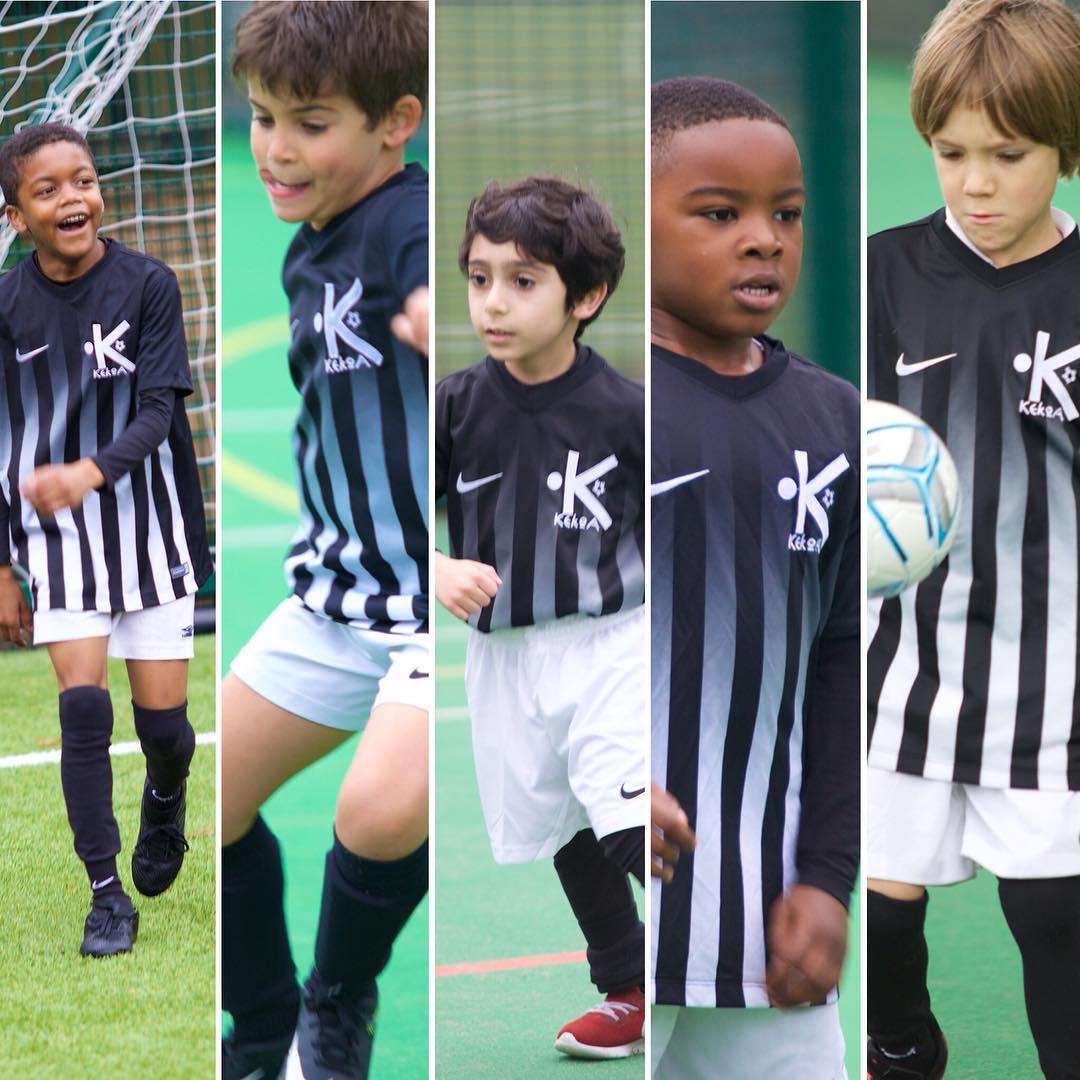
When the children turn 6 they can be considered to join a football team at U7 level and start to get use to playing competitive games and understanding the rules of football matches. I feel that the earlier you can introduce children to competitive football matches the better as the more familiar they get with playing against people that they don't know the better. this has worked out wonderfully with my current U8 team as last year they were U7 and getting use to playing matches, now they are U8 they have taken their league by storm and have an 100% league record after 12 games.
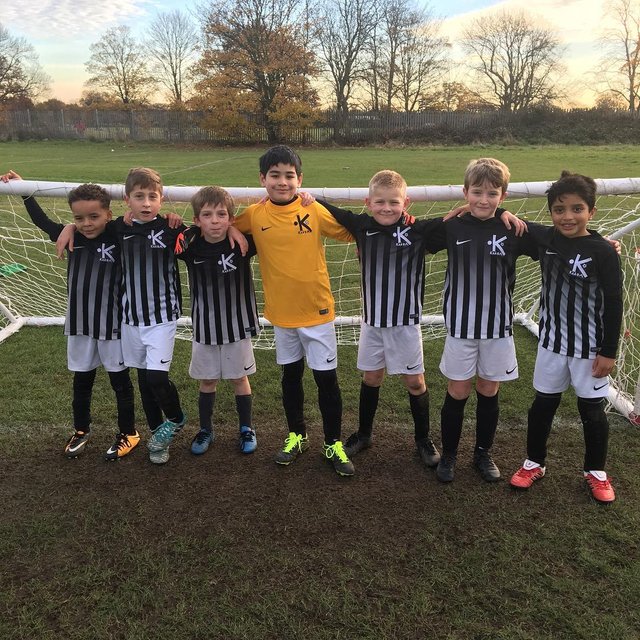
Encouraging creativity and confidence along with decision making is proving to be the best formular for me and I will continue to expand on these methods as the children get older and other aspects of the game come into play but having the main ingredient from a younger age is the main thing for me: CONFIDENCE
Do you have a footballing philosophy if so please share?
I'm happy I came across your introduction! I love your philosophy. Me and and few friends are working on a start-up currently to help coaches to try and develop this kind of "age-appropriate" training . I can't say much because we're in early days but I look forward to hearing more about how your academy goes! Best of luck (although I know you won't need it because you've got your heart and mind in the right place for these kids)!
Thank you! Please keep me updated when your start-up gets up and running :)
Fascinating read.
I thought I was the best as a child for many a year. Just wasn't driven enough / didn't have the athleticism required, probably, when it came to the crunch. Pretty much gave up on the game, participation-wise anyway, by the time I got to university.
As a child, it was all about running at defenders (with the ball) as fast as you could. Unsettle them. And fight for every ball. Then there was no better feeling than putting the ball in the back of the net. With your friends, you'd all have different strengths but you were an attacker (ie. someone who played the game the right way, in my eyes) or a defender (someone whose sole purpose was to stop others playing the game well). If you didn't have the ball, be ready to receive at all and any times. If you got into good goalscoring positions, unmarked, you could hardly fail to put some away!
Being right-footed, I felt an early age it to be of great importance to work on using my left with confidence whenever the opportunity arose and I think that's something you should be teaching those kids of yours. If you have to get the ball onto your stronger foot to be able to pass / shoot, you're giving the opposition a chance to take the ball off you. To improve your weaker foot, first hit volleys with it. They'll soon get more accurate / powerful / deft. Then, moving balls. I'd probably never want to take a dead-ball with my left, though! ;)
As you get older, you start understanding the need for tactics, of course. Win that ball as quickly as you can. The opposition can't hurt you if they don't have it, so don't waste it / try to keep possession of it as long as you can. Then, remember tempo. You want frantic football at times (when it suits your team), you want slow football at other times (again, when it suits you best). There's always a time / place / opposition where boring the socks off / frustrating your opponent will pay dividends. At least, for part of the match.
Winning is everything, just don't cheat / be unsporting. I'd rather lose graciously than win dishonourably. (Which is half the problem in the professional game, we see today, unfortunately.) If you want to win, you need to outscore the opposition, simply. Keep focussed at the back. Get your creative attackers having early shots - after the first effort, the second is almost always so much easier with a better chance of a goal resulting.
Welcome to the site. :D
Thanks for the comment!
Encouraging the use of both feet is something that I'm very keen on and do apply to training sessions. I'm really looking forward to seeing the development of the children that attend my sessions, I've had 3 players move onto professional clubs, which is good as long as I feel that the child is ready and not being rushed.
Did you not want to get into coaching yourself when you stopped playing?
Moved on and never really thought about the beautiful game in that way, after university. I had a different kind of fish to fry, you could say, I suppose. Would love to have though. And if fate should ever bless me with a healthy young son... Who knows? He'll be mastering flying Johan Cruyff turns before he leaves primary school. ;)
The burning passion you have with this sports help those children to boost their abilities and confidence. Welcome to steemit and wishing you the best of luck.
You're good bro
Thanks for reading :)
Great read!
I only played football growing up, but have played other sports competitively and coached at high levels.
Encouraging confidence to make mistakes and be comfortable with making mistakes is an incredibly important part of coaching. So many coaches stop everything at a mistake and dissect the mistake, yet lose the vision of what the player was trying to do. My final year of playing volleyball I played for a coach that just let us play, would stop a drill or gameplay if there was a technical thing that needed to be addressed, but would never stop something solely because there was a mistake.
It was the most liberating and the best learning environment for me as an athlete.
If you become consumed by your mistakes then you are unable to execute even the simplest of skills.
Great post!
How funny that that was the exact same issue with my partner! He was always the best in his team but he lacked the confidence too. Such a great thing that you're doing there for the kids though what a way to turn it around!